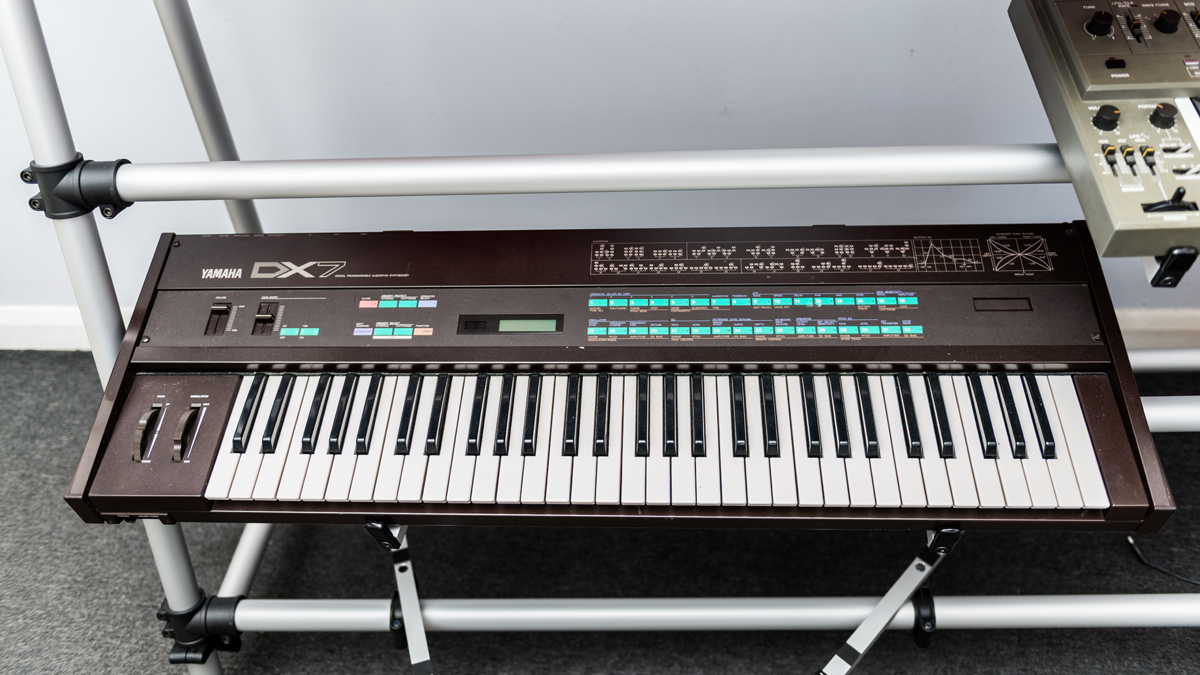In pictures: Riva Starr's London studio
The DJ, producer and remixer shows you his gear
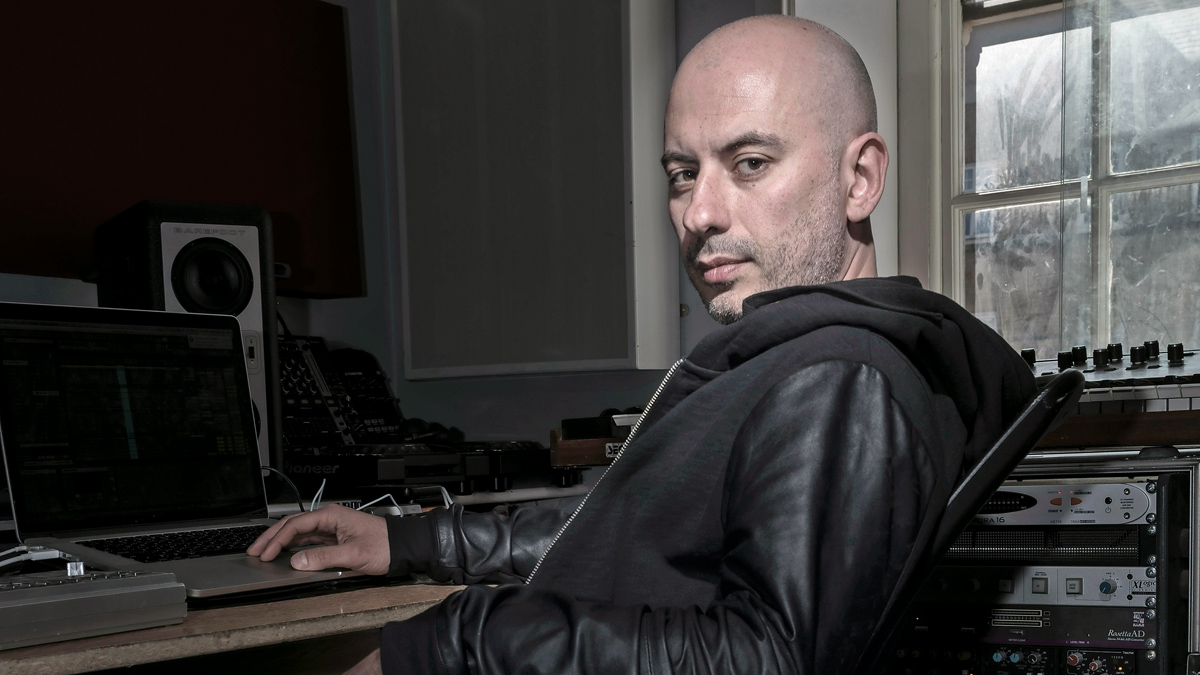
Welcome
Few artists can have made the leap from DJ to producer as effortlessly as Riva Starr. With a slew of genre-busting releases and maverick remixes, the plaudits are still ringing from the likes of Claude Von Stroke and Fat Boy Slim, while his colourful personality and unpredictable setlists, woven from a vessel of eclectic influences, have garnered legions of fans.
Despite a DJ schedule of over 200 gigs a year, gracing some of the biggest venues around the globe, Starr somehow manages to remix and produce, too. Meanwhile, his own Snatch! label has recently celebrated five years with a double compilation titled Square Pegs, Round Holes: 5 Years of Snatch!
We caught up with Starr in his London studio and talked tech. For the full interview, check out Future Music 294 (August 2015) which is on sale now.
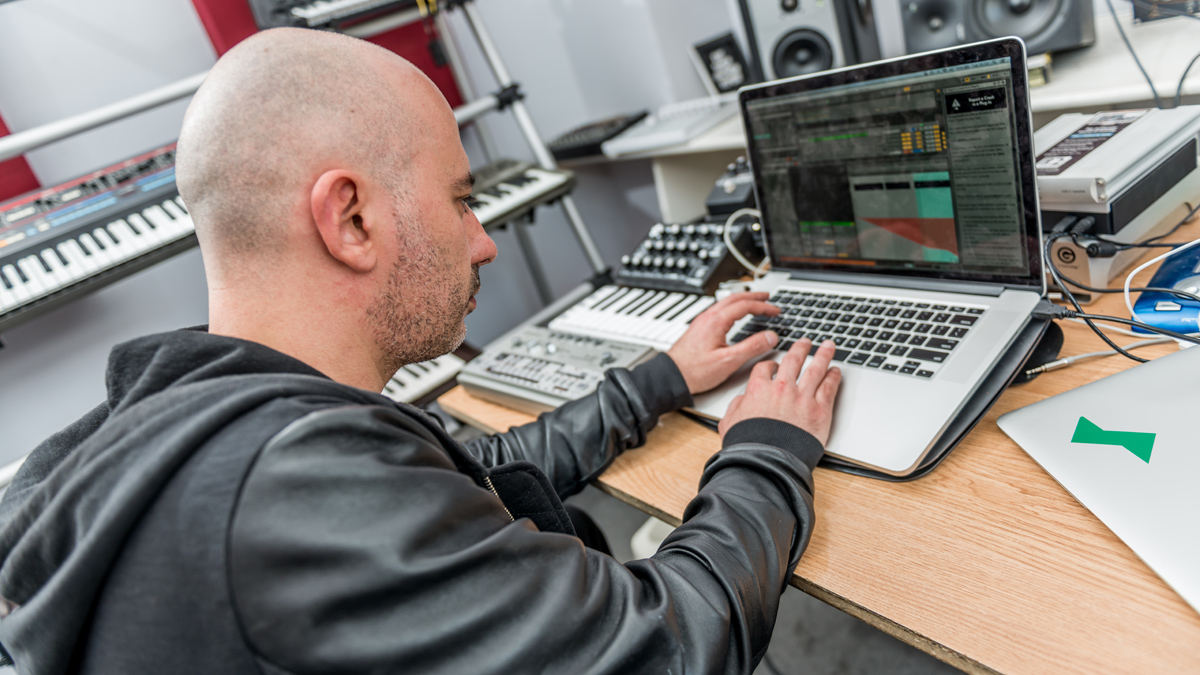
Plugins
“I don’t like to use many software synths, or even plugins; I try to stick to the old-school way. I do use some of the UAD plugins, which are based on original analogue gear - re-issues of old synths like the TB-101 and the 303 - although I try to get sounds from the originals most of the time. Some of them are very close to the originals, but they will never have that physical element.
“I really like the Lexicon Reverb and the Voice of God bass resonance tool, and Bit Crusher for audio effects.”
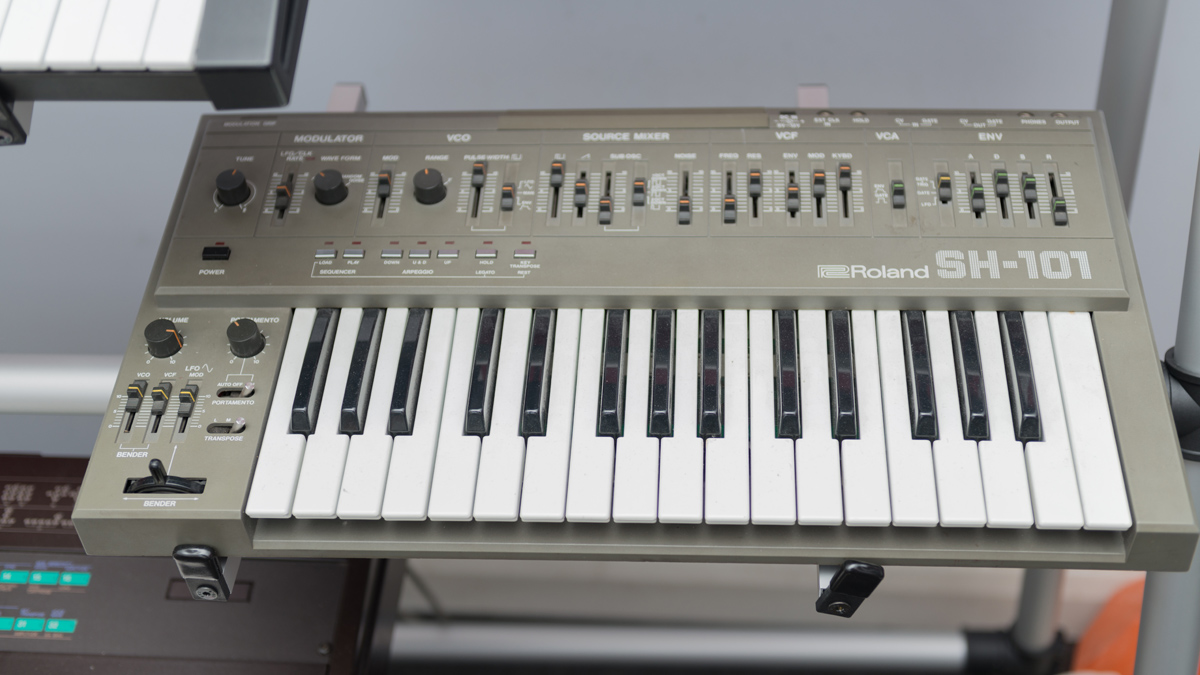
Roland SH-101… and more
“My Roland SH-101 is one of the synths that has always been with me - I’ve had it 15 years now.
“The others I use depending on what vibe I want to get; although every time I sold some of my analogue equipment I always regretted it. I’m not selling anything else because, even if I don’t use something for two years, I know that at some point in the future I will want to use it again.
“I once sold a Roland TR-909 and I’m still regretting it as it’s now worth £3,000, but I’m not going to spend that on a 909 which I’m only going to use once in a while.”
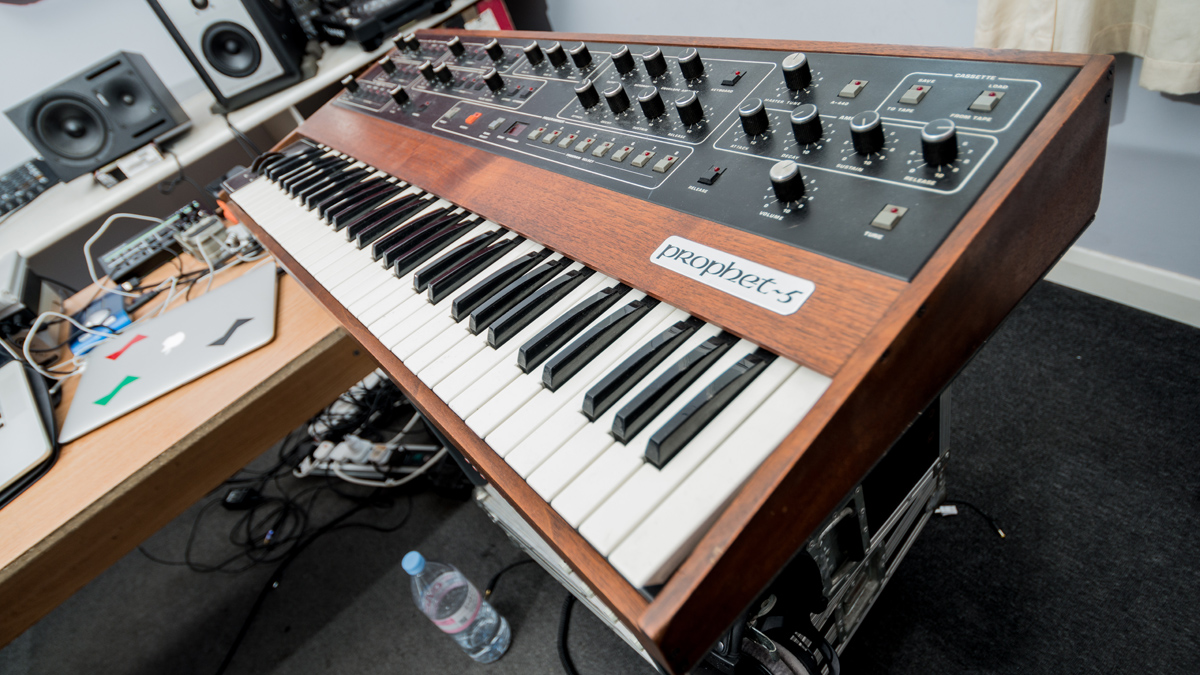
Sequential Circuits Prophet-5
“As soon as they released the new Prophet I bought a Prophet- 5 [laughs]. I haven’t tried the new one, but now I have to stick with the original.”
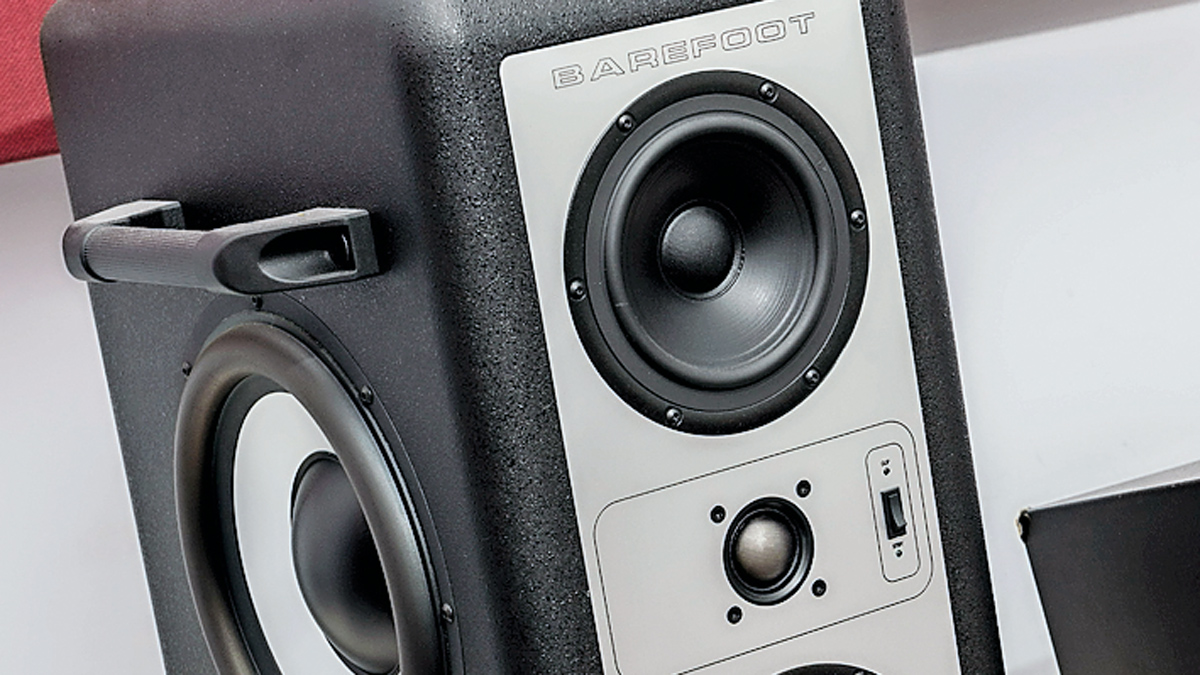
Monitors
“They say that my Barefoot MicroMain 27s are good for mixing and mastering, and I like to use them in full mode to make the most of the bass power - that’s why I can’t stay in a flat [laughs].
“I used to have small Yamaha NS10s as well, because you really want to have three to four different references. I even put the signal into my Mac and listen to the mix from those speakers, because most of the kids nowadays either listen on small, shitty headphones or laptop speakers.”
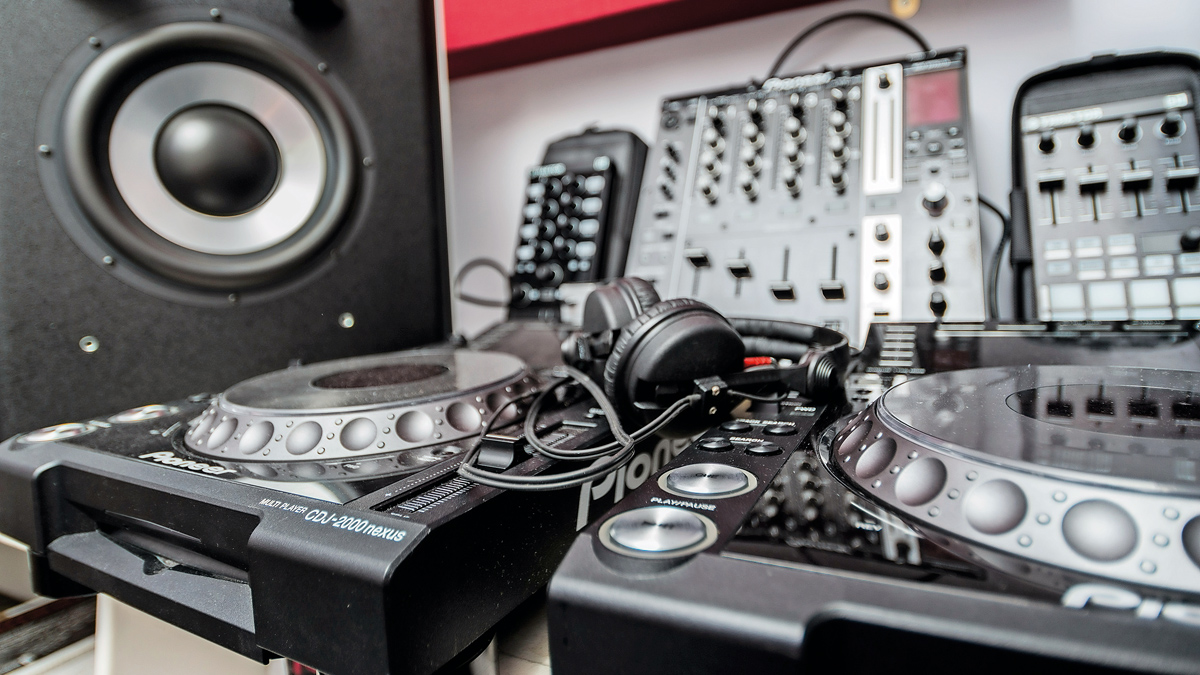
DJ setup
“I use four CDJs and a Roland TR-8 drum machine so I can play live drums on top of the music, totally beat-matched by ear. It’s not sync’d, so it’s pretty old school.
“There’s a huge discussion about syncing. I’m very technical and don’t use any syncing, but I do use the looping facility on the CDJs because you can get a much more quantised loop. Personally, I don’t mind whether people use Traktor or CDJs sync’d, because it’s not the beat-matching that makes a DJ, it’s the music you choose, the time you play it and how you drive the crowd.
“Of course, if you’re very good technically, I can appreciate that, but it doesn’t really change the state of things - if you’re a bad DJ, you’re a bad DJ, with or without the sync.”
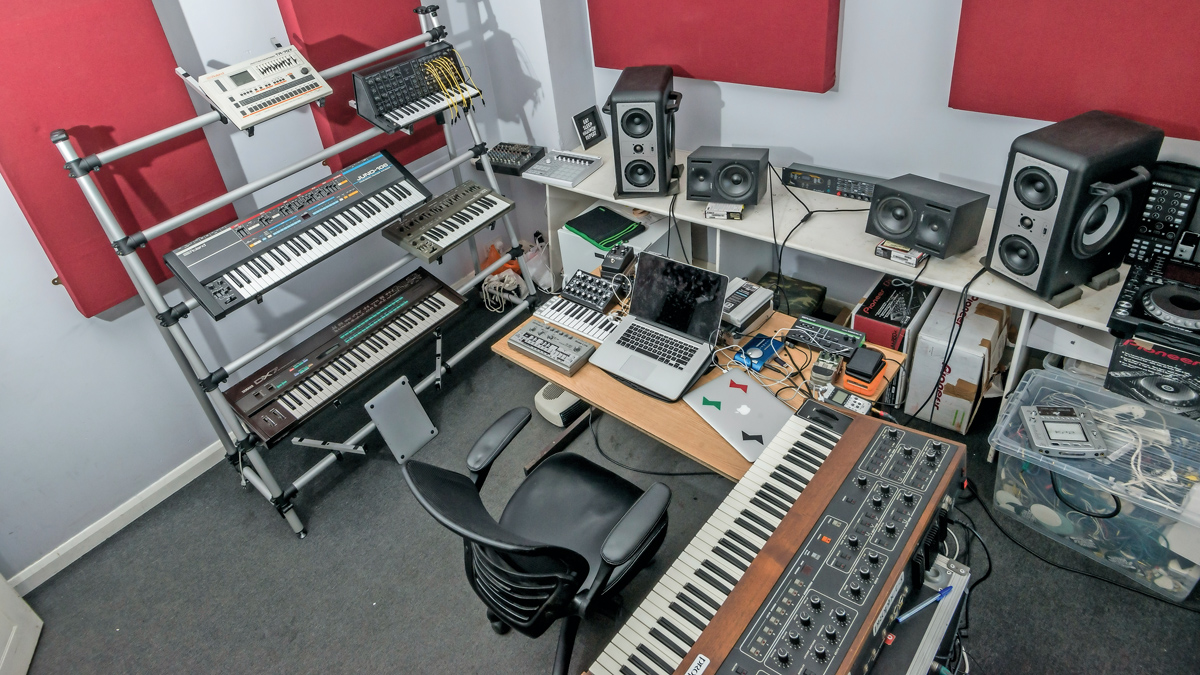
Vinyl vs digital
“Let’s face the truth: vinyl is a nice thing but it’s still going to be a very small market compared to digital. You will never ever have those numbers again. I mean, I was a vinyl DJ until a few years ago and would love to have vinyl back, but on the other side it’s so handy to go and buy MP3s, and we get a lot of promos in advance from DJs.
“Of course, I miss those times when I would spend afternoons in the record shop talking with other DJs, but I think people have different connections now. I was born with the record shop; today they are born with the web, so our way of accessing music is different and the way they interact is different, but they also get access to a lot more events and can travel more.”
Future Music is the number one magazine for today's producers. Packed with technique and technology we'll help you make great new music. All-access artist interviews, in-depth gear reviews, essential production tutorials and much more. Every marvellous monthly edition features reliable reviews of the latest and greatest hardware and software technology and techniques, unparalleled advice, in-depth interviews, sensational free samples and so much more to improve the experience and outcome of your music-making.


